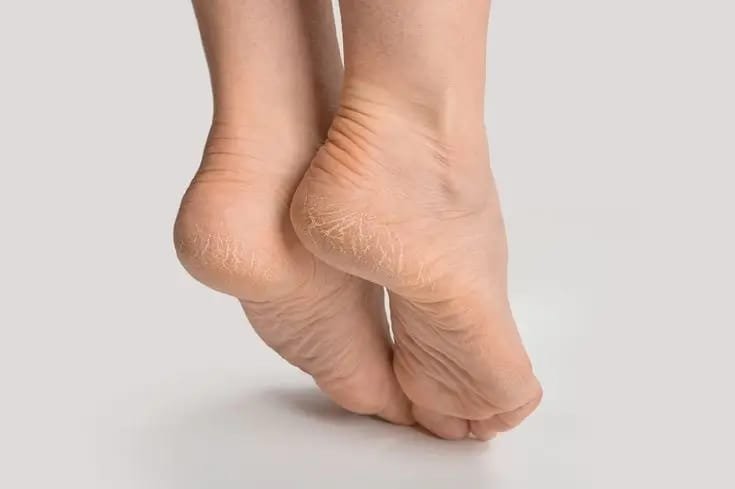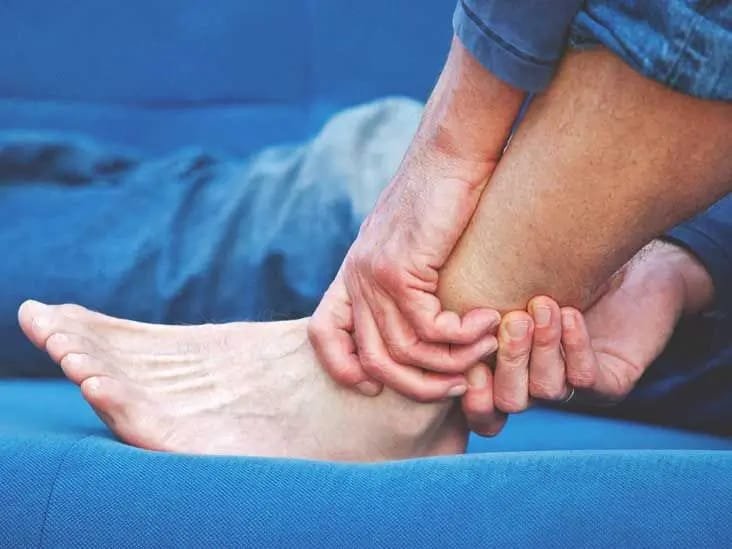In today’s digital era, social media platforms like Instagram, Facebook, TikTok,
and X (formerly Twitter) have become a significant part of our daily lives.
Whether it’s staying connected with friends or consuming content, social
media is everywhere. But while it brings many benefits, it’s essential to
examine how it impacts our mental health both positively and negatively.
The Rise of Social Media in Daily Life
Over the past decade, social media usage has skyrocketed. According to recent
statistics, an average person spends more than 2 hours per day scrolling, liking,
and sharing content. It influences the way we communicate, perceive others,
and even view ourselves. This constant connection comes at a price, especially
when it starts affecting our mental health.
Positive Effects of Social Media on Mental Health

While often criticized, social media does offer several mental health benefits
when used mindfully.
1. Emotional Support and Community Building
For individuals struggling with isolation, social media can offer a sense of
belonging. People dealing with anxiety, depression, or chronic illness can find
support groups and communities where they are heard and understood.
2. Spreading Mental Health Awareness
Many organizations and influencers use their platforms to educate the public
on mental health issues. Campaigns like #MentalHealthAwareness or #EndTheStigma have helped normalize discussions around emotional well-being.
3. Access to Resources
From motivational quotes to free therapy sessions, social media is a hub for
mental health resources. Apps and pages focused on mindfulness, meditation,
and emotional regulation are making self-care more accessible.
Negative Effects of Social Media on Mental Health

Despite the positives, there’s a darker side to social media that can negatively
impact your mental health if not managed carefully.
1. Comparison and Low Self-Esteem
Constant exposure to curated images and highlight reels can lead to unhealthy
comparisons. Seeing someone else’s “perfect life” can make users feel
inadequate, resulting in low self-worth and anxiety.
2. Addiction and Reduced Attention Span
Social media platforms are designed to be addictive. Endless scrolling triggers
dopamine hits, making it difficult to stop. Over time, this can affect
concentration, sleep quality, and even decision-making abilities.
3. Cyberbullying and Harassment
One of the most damaging aspects of social media is online bullying. Trolls and
negative comments can cause deep emotional wounds, especially among
teenagers and young adults, leading to stress, depression, and suicidal
thoughts.
4. Sleep Disruption
Late-night scrolling has become a habit for many. Blue light exposure from
screens can interfere with melatonin production, disturbing sleep patterns and
directly affecting mental health.
Social Media and Teen Mental Health
Teens are among the most active users of social media, making them
particularly vulnerable. Studies have shown a correlation between high social media usage and increased levels of depression and anxiety among
adolescents.
Key issues include:
- Body image concerns due to filtered photos
- Fear of missing out (FOMO)
- Peer pressure to gain likes and followers
Parental guidance and digital literacy education are crucial in helping teenagers
manage their social media habits and protect their mental health.
How to Use Social Media in a Mentally Healthy Way
Despite its risks, social media does not have to be harmful. Here are practical
tips to maintain a healthy relationship with social media:
1. Limit Screen Time
Set daily time limits on social media apps. Tools like “Screen Time” on iPhones or “Digital Wellbeing” on Android devices can help.
2. Curate Your Feed
Unfollow accounts that make you feel insecure or unhappy. Follow pages that
uplift you and support your mental health journey.
3. Practice Digital Detox
Take short breaks from social media regularly. Even a weekend away from screens can help you reset mentally and emotionally.
4. Engage Mindfully
Be conscious of what you post and how you interact. Avoid arguments and don’t seek validation through likes and comments.
The Role of Mental Health Professionals
If social media is causing significant distress, it is important to seek help. Mental health professionals can provide coping strategies and therapy to deal with anxiety, depression, and low self-esteem linked to online behaviour.
Some therapists now offer sessions via video calls, making mental health services more accessible than ever ironically, thanks to social media awareness.
FAQs
Q1: Can social media improve mental health?
Yes, when used positively – such as joining support groups or consuming uplifting content – social media can benefit mental well-being.
Q2: How do I know if social media is affecting my mental health?
If you feel anxious, depressed, jealous, or experience low self-esteem after
using social media, it is likely impacting your mental health negatively.
Q3: What age group is most vulnerable to social media’s mental health effects?
Teenagers and young adults are most vulnerable due to peer pressure and the need for social validation.








